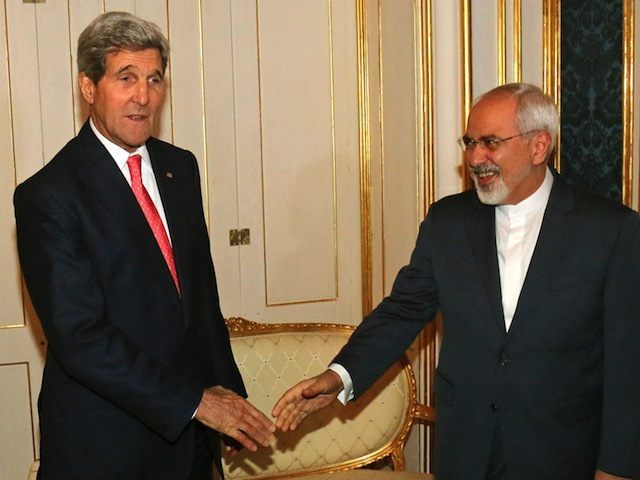This morning’s key headlines from GenerationalDynamics.com
- South Korea fears that MERS virus will break out into general population
- Iran demands a nuclear agreement ‘snapback’ provision of its own
South Korea fears that MERS virus will break out into general population

Anti-government protesters in Seoul on Sunday wear masks for protection from MERS (AP)
South Korea is implementing panic measures to keep a rapidly spreading epidemic of Middle Eastern Respiratory Syndrome coronavirus (MERS-CoV) under control.
The are 95 known cases, with seven deaths.
So far, the only new infections have occurred in hospitals, where one infected person comes to the hospital seeking treatment, and ends up infecting other people, including patients, nurses and doctors.
It has not started spreading in the general public, and authorities are taking numerous steps to keep that from happening. 2,000 schools have been closed, and hundreds of public events have been canceled.
More significant are the quarantines. Some 2,500 people have been ordered to stay home under quarantine for 14 days, and their cell phones are being monitored to make sure that they do so. The authorities call the cell phones regularly to make sure that the patient has not left home without his cell phone.
Sometimes entire villages are quarantined. Men in protective clothing are guarding all roads in and out of Jangduk village, which is 172 miles south of Seoul, preventing any of the 105 residents from leaving. The only contact the villagers have with outsiders is twice-daily visits from health officials checking their temperatures.
MERS was first identified in Saudi Arabia in 2012. Globally, there have been almost 1200 cases since then, most in Saudi Arabia, and at least 444 related deaths. The original hosts for the MERS virus are thought to be bats, and the bats have transferred the virus to camels, which can carry the virus without showing symptoms. Studies show that it had been common in camels for at least 20 years before spreading to humans. Camel handlers and shepherds are the people most at risk for MERS in Saudi Arabia.
However, that figure represents only people who were diagnosed. One study of 10,000 people in Saudi Arabia found that many more had been exposed to MERS, but had not shown symptoms or been diagnosed.
MERS spread to Seoul several weeks ago when a Korean working in Saudi Arabia returned home and went to a hospital because he was feeling ill. He infected several nurses and doctors, who spread it to nurses, doctors and patients.
North Korea is also in danger from MERS, as there are some 50,000 North Korean workers in Saudi Arabia. South Korea was able to respond quickly to a MERS pandemic, but it could be a real disaster in North Korea, which is ill-equipped to handle it. World Health Organization and Reuters and Deutsche Welle and Live Science
Iran demands a nuclear agreement ‘snapback’ provision of its own
In the nuclear negotiations with Iran, the West is insisting that the agreement contain a “snapback” provision, meaning the following: If the sanctions are removed, and then Iran violates the nuclear agreement, then the sanctions will “snap back” and be reapplied.
Iran has consistently refused to agree to the snapback provision, but is now changing its position: It will agree to the West’s snapback provision, provided that it also has a snapback provision of its own.
Iran’s snapback provision would permit Iran to resume full nuclear development if the West breaches its side of the deal.
Many people are skeptical of the whole snapback concept. They argue that once the agreement is in place and sanctions have been lifted, it would be politically impossible to reintroduce sanctions, even if Iran breached the agreement.
On the other hand, Iran’s snapback option would seem to have little meaning. If the West breached its side of the agreement, which would presumably mean failing to lift the sanctions, then Iran could resume nuclear development with or without a snapback option. Reuters
KEYS: Generational Dynamics, South Korea, Seoul, Saudi Arabia, Jangduk, Middle Eastern Respiratory Syndrome coronavirus, MERS-CoV, Iran, snapback provision
Permanent web link to this article
Receive daily World View columns by e-mail

COMMENTS
Please let us know if you're having issues with commenting.